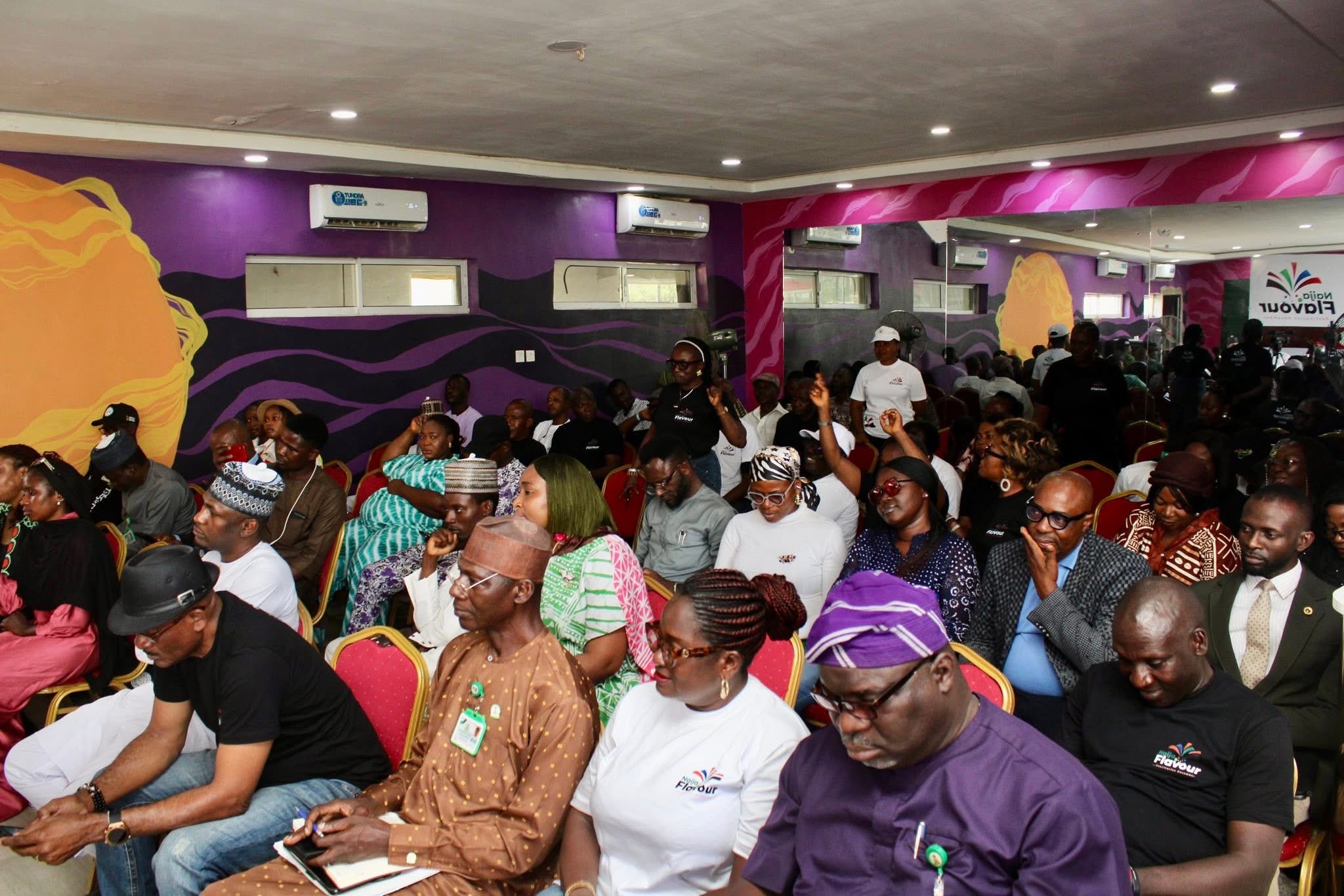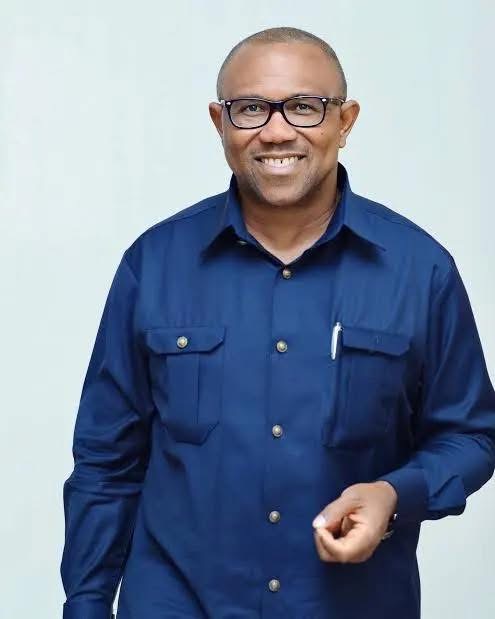Bimbo Ademoye has recharted the landscape of Nollywood love stories with Miles Away From Home — a cinematic journey that stands miles above anything in her filmography so far. While Èrò Ìyàwó charmed viewers with sweetness and humour, this new project is deeper, more reflective, and emotionally daring. It feels like a handwritten confession pulled straight from someone’s diary.
Released on November 21 on her YouTube channel, Bimbo Ademoye TV, the 2-hour, 1-minute romantic feature crossed 1 million views within its first 24 hours — a record-breaking milestone that signals not just success, but a cultural moment.
Bimbo isn’t simply acting. She isn’t only producing.
She is actively reshaping the modern African romance genre — merging diaspora longing, Cotonou landscapes, identity, and emotional vulnerability into a story that lingers long after the credits roll.
For anyone who hasn’t watched it yet, Miles Away From Home is more than a recommendation; it is essential viewing.
A Love Story Rooted in Reality: Diaspora Dreams and Homesick Hearts
This is not a conventional Lagos love story.
Miles Away From Home follows a young Nigerian woman navigating life abroad — portrayed with striking authenticity by Bimbo Ademoye. Torn between nostalgia for home and the thrill of new possibilities, she encounters a charming stranger played by Timini Egbuson, who delivers one of his most grounded and captivating performances to date.
Partly filmed in Cotonou, the visuals capture the true feeling of being far from home. The film combines:
The result is a romantic experience that is both visually rich and emotionally layered.
From rainy confessions to unexpected twists, the film has already inspired glowing reactions. One viewer on X wrote:
“Bimbo Ademoye is another amazing writer! I love her movies so much!”
This project marks her boldest creative leap yet — a soul-searching, realistic, and deeply introspective tale about belonging, ambition, and the emotional distances we travel for love.
The Unexpected Star: Bimbo Ademoye’s Father Makes a Remarkable Debut
One of the film’s most memorable surprises is the acting debut of Bimbo’s real-life father, Adeniyi Ademoye. Far from a novelty appearance, his performance carries emotional weight, sincerity, and a natural warmth that enhances the entire narrative.
Despite having no previous acting experience, he delivers with precision and authenticity.
Bimbo shared during an IG Live session that working with him was “surreal” and that he “nailed every take.”
Fans quickly echoed this sentiment, praising his performance as one of the film’s standout elements. His presence adds a layer of familial sincerity rarely seen in Nollywood romance.
Behind the Magic: A Creative Team Working in Sync
Bimbo leads this project wearing three major hats — writer, producer, and lead actress — excelling in each role. Timini Egbuson matches her intensity, creating on-screen chemistry that develops with natural, slow-burn precision.
The supporting cast — Moc Madu, Arielyn Bassek, Barbara Soki, and Sandra Okunzuwa — bring balance and depth to the story.
The directing and cinematography teams build an immersive world, shifting seamlessly between sunlit Cotonou landscapes and intimate emotional moments. The soundtrack is subtle yet powerful, enhancing the film’s emotional tone without overwhelming the narrative.
Every element feels intentional. Every detail feels elevated.
Crossing 1 million views in its first day, the film’s success is powered almost entirely by organic shares, audience excitement, and the loyalty of Bimbo’s growing community.
Miles Away From Home resonates deeply with:
- Nigerians living abroad
- Long-distance lovers
- Diaspora dreamers
- Anyone balancing identity across two worlds
This is more than a film; it’s a defining statement.
A new benchmark.
A new chapter for Nollywood romance.
And notably, Bimbo Ademoye brings her father along to witness and contribute to this milestone.
Watch the Film
Miles Away From Home is available exclusively on Bimbo Ademoye TV on YouTube.
Watch it. Feel it. And ask yourself:
What “miles” in your own life does this story make you reflect on?





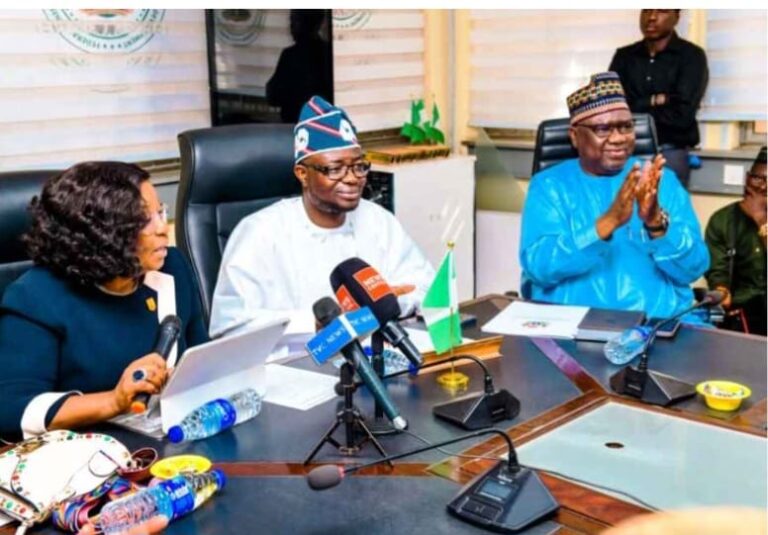
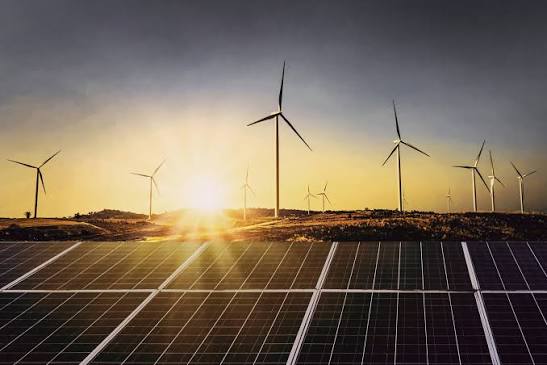
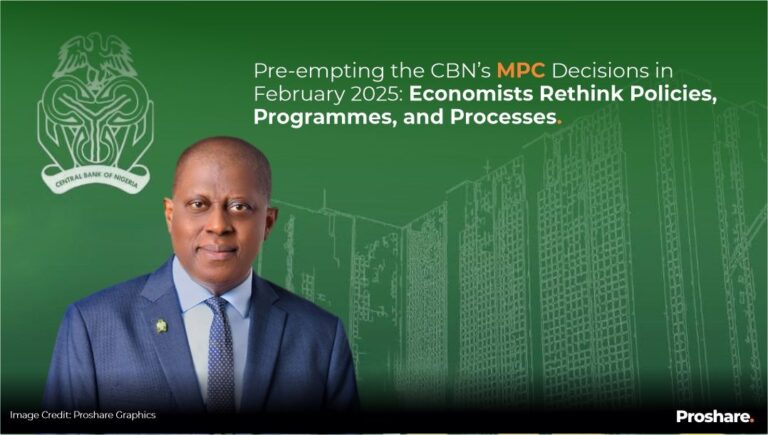

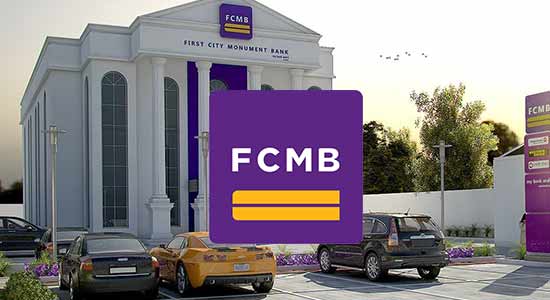
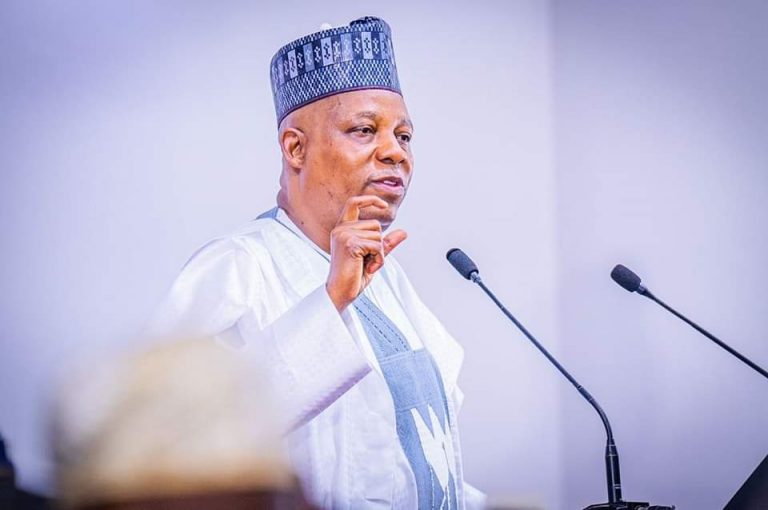

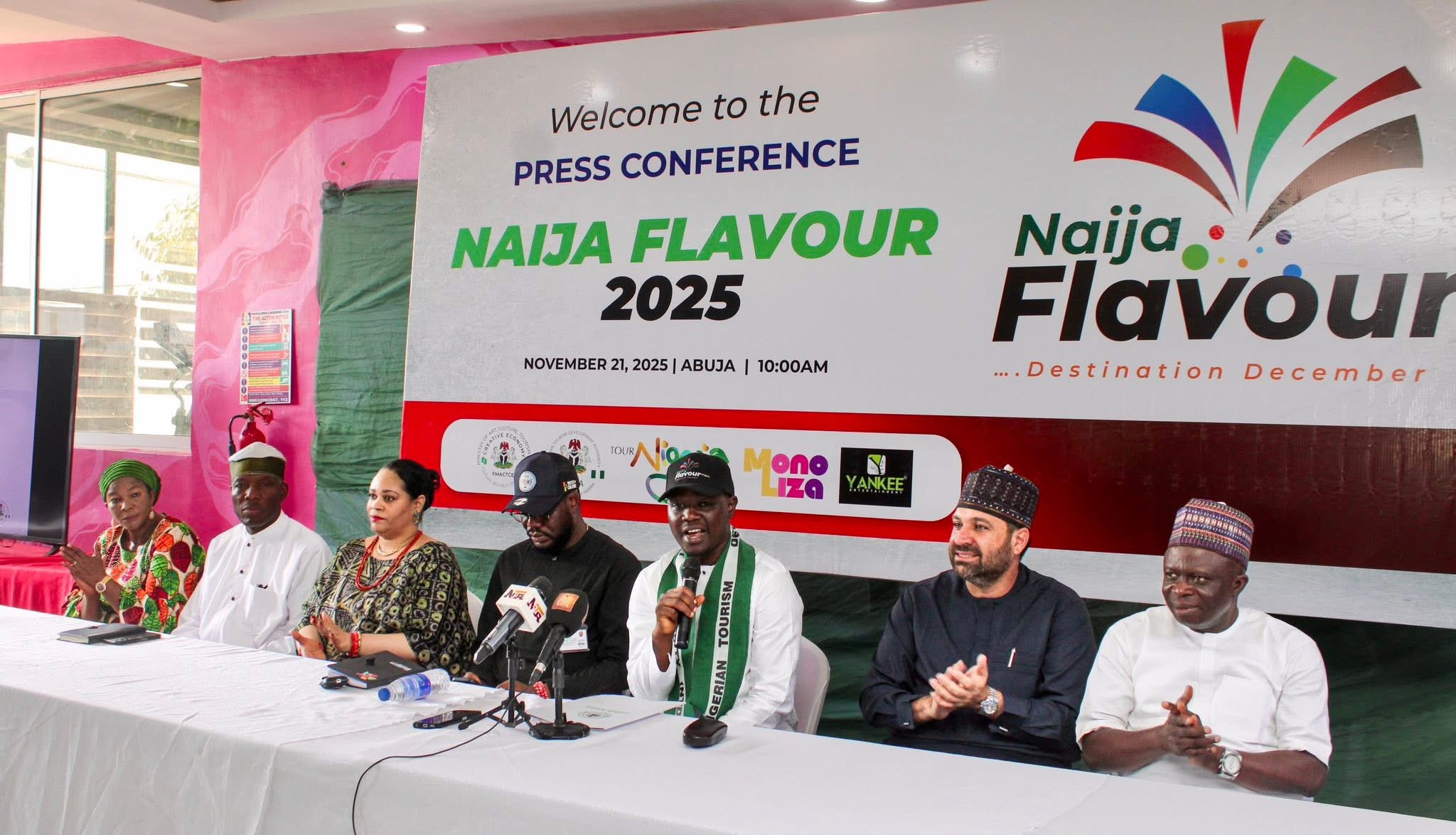
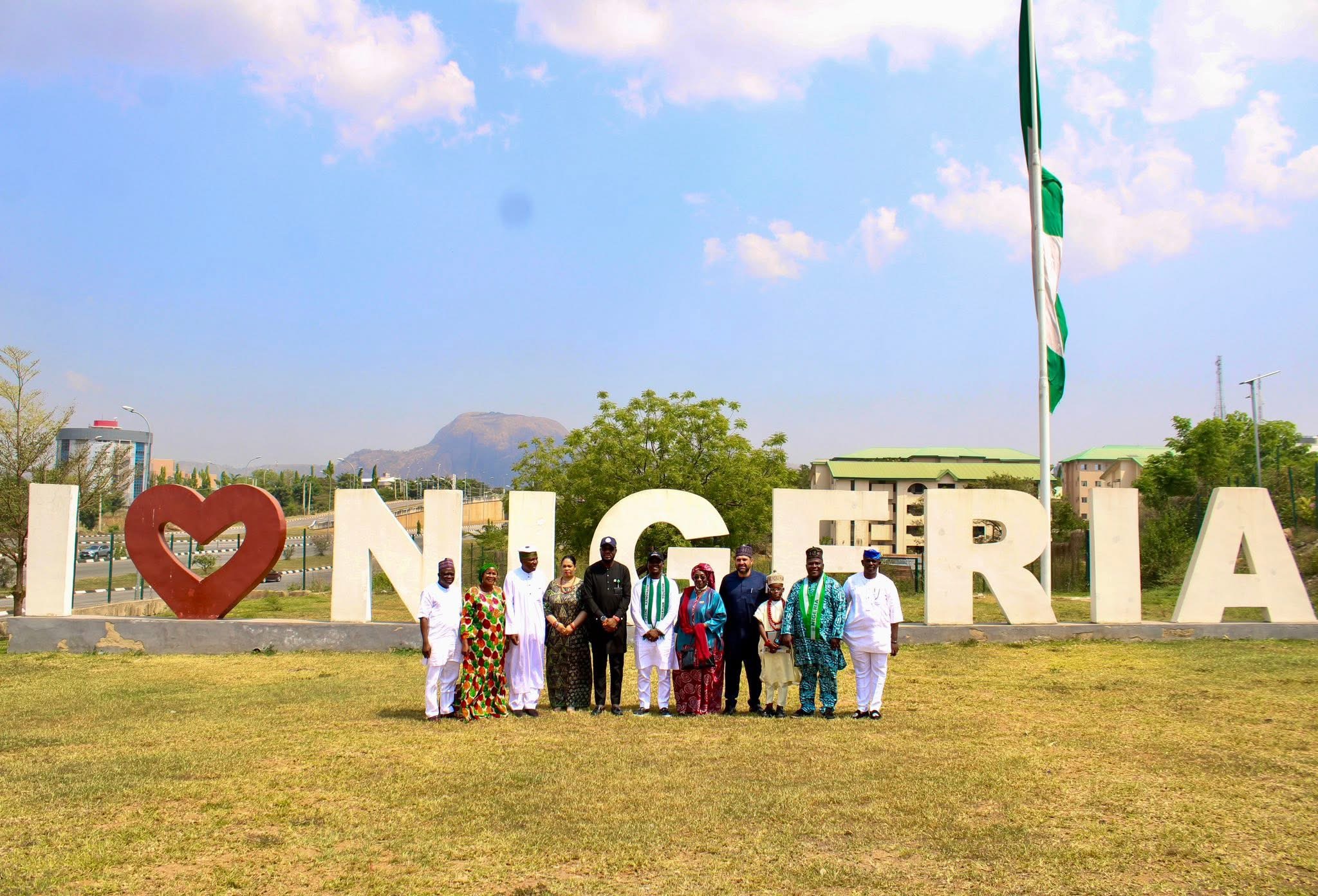 The first edition will take place on 13 December 2025. It is expected to bring together food vendors, fashion designers, game creators, performers, and other cultural practitioners. The setting is planned as a marketplace with room for families, young people, tourists, and the many Nigerians who treat December as a moment of homecoming.
The first edition will take place on 13 December 2025. It is expected to bring together food vendors, fashion designers, game creators, performers, and other cultural practitioners. The setting is planned as a marketplace with room for families, young people, tourists, and the many Nigerians who treat December as a moment of homecoming.